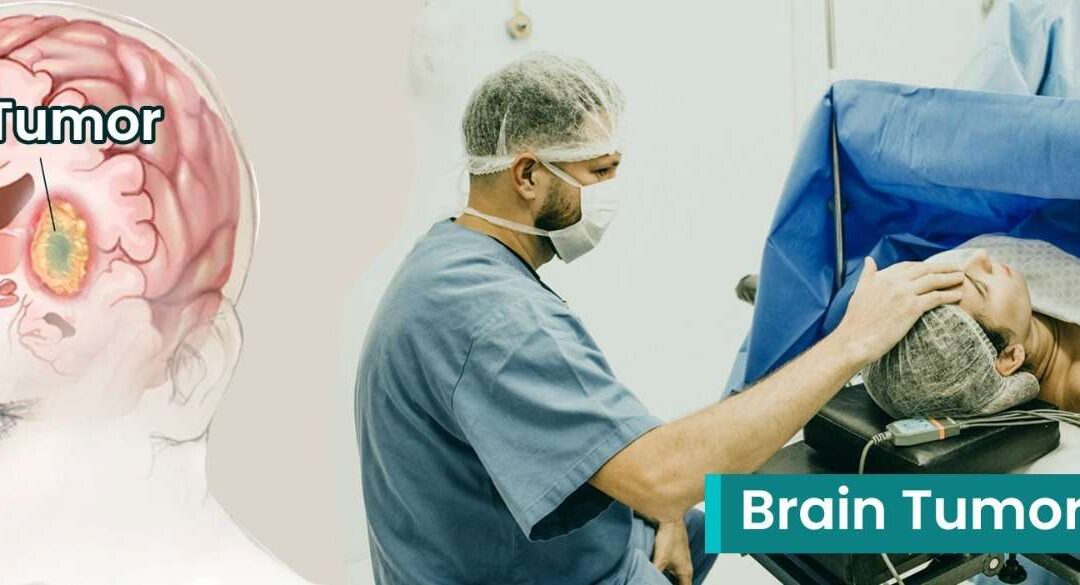Surgery is the most common treatment option for brain tumors. Your brain surgeon will look into some factors before brain tumor surgery. These include the size, shape, location, and the possibility of the spread of cancer.
The goal of brain tumor surgery is to remove the tumor completely. If this is not possible, the neurosurgeon will remove as much of the tumor as possible. During operation, the neurosurgeon will be careful to avoid any harm to the surrounding tissues.
If the location of the tumor is in a critical area, the neurosurgeon will weigh the benefits against the possible risks. Apart from tumor removal, you may also have brain tumor surgery for the following reasons:
To place a shunt to reduce intracranial pressure, if the tumor is in the ventricles of the brain. If the tumor is in one of the critical areas of the brain, internal radiation or chemotherapy are the brain tumor treatment options. In this, the neurosurgeon will place a radioactive source near the tumor with the help of a brain tumor surgery.
Types of brain tumor surgery:
A craniotomy is the most common surgical option.The neurosurgeon will expose the area of your brain, having the tumor through an opening in the skull bone. Through this opening, the neurosurgeon will remove the tumor. Before the brain tumor surgery, you will have an MRI of the brain.
A functional MRI shows the activity in your brain while doing specific tasks. It helps the neurosurgeon to avoid critical areas of the brain during surgery.You will have general anesthesia during the brain tumor surgery. Once you are asleep, the neurosurgeon will make a small incision on your scalp to expose the skull bone.
The next step is to make an opening in the skull bone with the help of a bone drill.Your neurosurgeon will carry out the brain tumor surgery through this opening. If the tumor is small, the neurosurgeon will remove it altogether.
The next step is to close the opening in the skull by replacing the cut off skull bone in position. Wires or screws will help to keep it in place.
If there is any part of the tumor remaining, you will have radiation or chemotherapy to destroy it.
- Neuroendoscopy: This is minimally invasive brain surgery to remove certain types of brain tumors
- Trans-sphenoidal surgery in this surgery, the brain surgeon will remove some brain tumors like pituitary tumors through the nasal opening.
- Stereotactic radiosurgery: It is not brain surgery, but a type of radiation therapy. Here, the radiologist will pass low-intensity radiation from different directions towards the tumor. These radiation beams join precisely on the tumor to destroy it. The advantage is that the low-intensity radiation does not cause much harm to normal brain tissues as it passes through them.
- Your neurosurgeon cannot remove the tumor entirely with brain surgery.
- The tumor is in an area close to critical centres of the brain.
- It is not possible to access the tumor for surgery.
- High-grade cancerous tumours involve a large area of the brain. Radiation therapy for brain tumor you will have radiation therapy if;
- Chemotherapy for brain tumor: You will have chemotherapy if;
- If you have high-grade cancerous tumours.
- If you have Specific brain tumours like Lymphoma.
- To increase the effect of radiotherapy.

